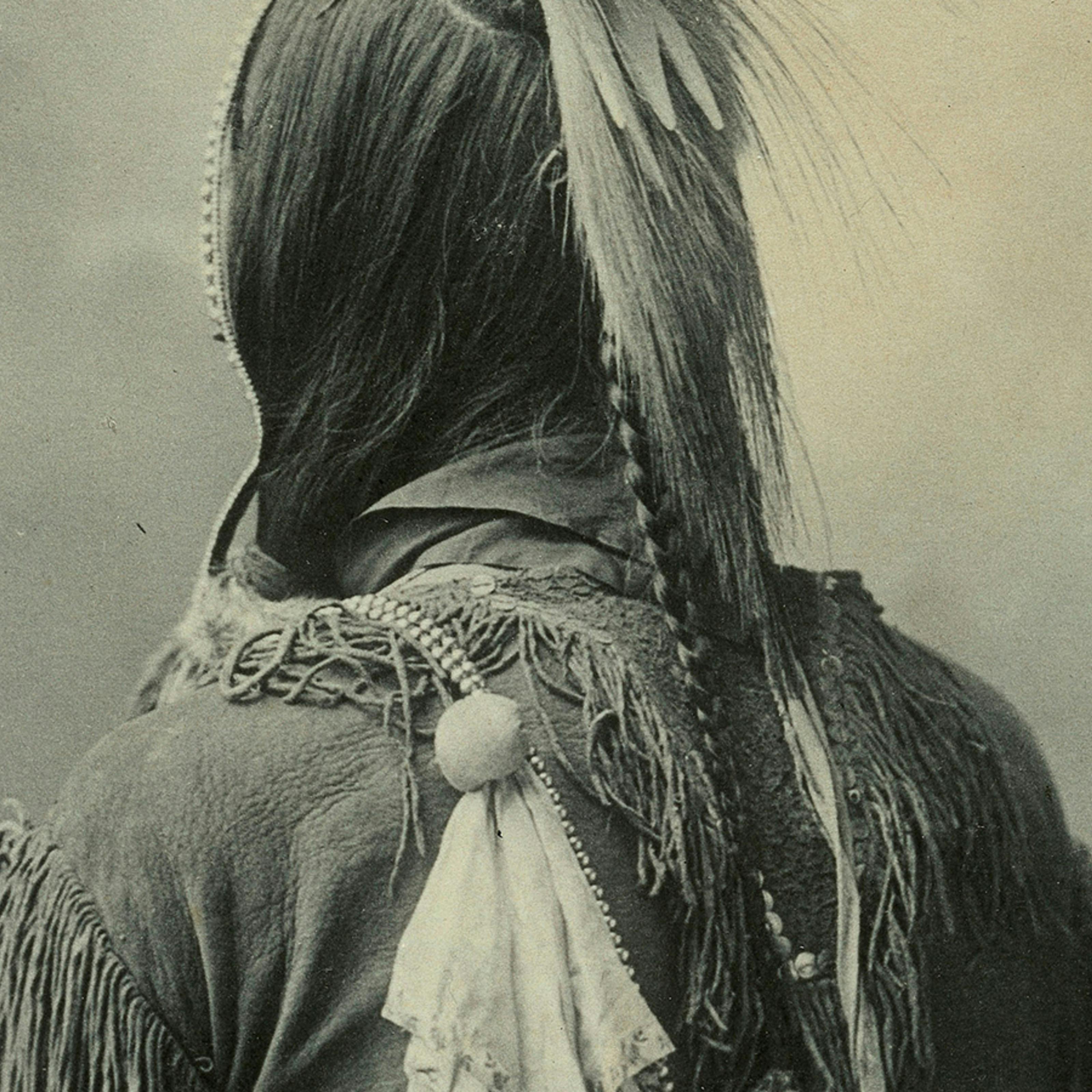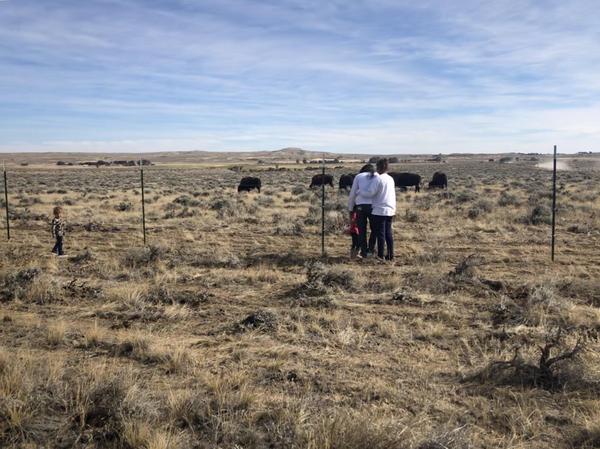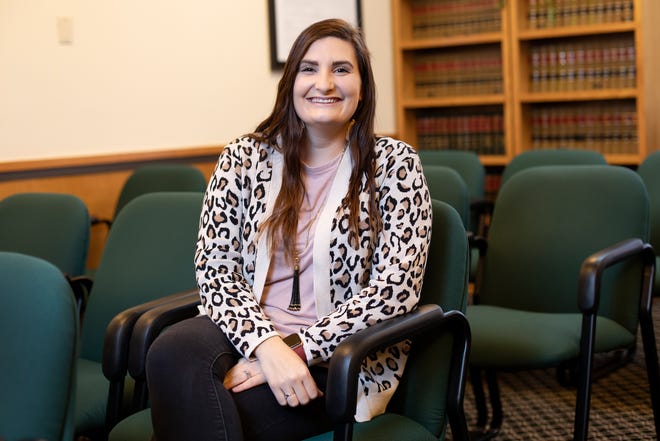*TRIGGER WARNING: This article includes graphic content that some readers may find distressing. Names have been changed.
GUEST POST By Cassie Roy
College Trials and Tribulations
I
was 22 years old and in college when I was raped by a mutual friend. I
had sorority sisters and fraternity brothers. We all shared a common
purpose — to get an education and to make memories to last a lifetime.
Looking back, I see how toxic the environment truly was and that what
happened to me wasn’t my fault.
I was in my second year
in college and I had a lot going on in my life. My life was moving in
the right direction and everything was going as planned. That is until
both my best friend and my grandmother passed away. I was struggling to
comprehend what my life would look like without them. I was devastated
and sought therapy to help me deal with the unexpected loss of my
closest friend and relative. My life was falling apart.
I
don’t remember if it was a weekend or a weekday, our sorority always
planned social events with the local fraternity. It was rare for me to
miss a social function. On this particular night, I went to a well-known
party house with my sisters. We knew to make sure we stayed together
throughout the night. There were always fraternity brothers we would
stay away from. To them, girls were nothing more than a challenge. I
guess we thought boys chasing girls was just part of student life.
It Was No Big Deal
Bill
was cute. In fact, I thought I might even like to date him because he
was always so nice. As the night went on, I lost communication with my
sorority sisters. Everyone was drunk. One of the fraternity brothers
started to take some people home. I don't know why I stayed or why my
sorority sisters left me behind. Maybe because we all just drank too
much.
I remember the couches and chairs were all taken —
people were passed out and I was ready to pass out. Bill offered me a
place to sleep. I felt like I could trust him, besides there was nowhere
else for me to go. He motioned for me to come over and lie next to him.
“You might as well just sleep in my bed,” he said. “It’s not a big
deal.” I did lie down because it was no big deal, just as he said.
From
the moment I fell asleep to the moment I woke up everything was a blur.
I knew that I had laid down with the intention to sleep but that’s not
what happened. I remembered he was trying to kiss me and wondered if I
was kissing him back. I couldn’t remember because I was in and out of
consciousness.
The next morning I woke up next to Bill.
He was still sleeping. I knew something was wrong. I could feel that
something had happened to me. I felt sick in the pit of my stomach. When
I realized that I was only partially clothed all I wanted to do was
cry. I was so confused. Did I want him to kiss me? Did I kiss him back? I
must have given him the idea I wanted him to kiss me… Right?
All
I wanted to do was get out of that house as soon as I could. I got up
and rushed to get out. I was so confused that I started to cry. One of
his friends saw me rushing to get out of the house and saw that I was in
tears. He didn’t ask and I didn’t stop to explain. I just kept running.
The Aftermath
Bill and I had mutual friends. His
friend must have asked him what had happened because he saw that I had
been crying. So later that day, he texted me to apologize. “I’m sorry if
that is not what you wanted.”
I didn’t respond. I was
still so confused. Did I give him the idea that’s what I wanted? Did I
kiss him? What really happened? I couldn’t tell anyone because I felt
responsible for what happened. It was my fault... right? I shouldn’t
have drunk so much. I shouldn’t have gotten so drunk. I shouldn’t have
got into bed with him and I shouldn't have passed out.
I
didn’t tell my sorority sisters. I didn’t tell anyone. I couldn’t talk
about it because I wasn’t sure what happened. I continued to see Bill
because he and I were attending the same mixers and events. I tried to
ignore him when he started to date one of the girls in my sorority. I
was seeing him more than I wanted to and I just couldn’t handle it
anymore.
At that time, I thought it was best for me to
just leave college. My best friend had died. My grandmother passed away
and then that happened. So, I literally just left and I didn’t tell
anyone about my experience with Bill.
I didn’t know how
significant that night would be in my life until three or four years
later. It was life-changing. I was young and single. I used to want to
have closer relationships with men, but now things are different. I
tried to have relationships. I tried to trust again, but I couldn’t. I
just couldn’t.
There was a part of me that felt
responsible. My body and brain were not in sync. I didn’t fight. I
wasn’t pinned down. I wasn’t injured. I rationalized that if sex doesn’t
leave bruising and it didn’t happen in the back alley it wasn’t rape. I
didn’t accept that what had happened was an assault because he didn’t
hurt me — or so I thought.
Life Gets Better
I was
already on a path in therapy and I don’t know if it was fate or I just
got lucky. A domestic violence helpline for Native Americans was moving
into the Minneapolis area. I applied for and secured a job with the
helpline. My new job afforded me training in domestic and sexual
violence. That’s when I started to unravel the confusion and pieces of
the puzzle started to fall into place.
Later, after
about two years of working and living in the city, I had a conversation
with a friend. She and I had similar experiences, and I was able to open
up and talk about it. Even though I knew what happened that night
wasn’t my fault, I still felt responsible. I was still blaming myself.
That’s when my friend helped me to see what my heart already knew — that
I had been raped.
Faces of Rape
Rape has many
faces and it doesn’t always look big and scary or violent. Bill wasn’t a
scary man coming out of the darkness. He didn’t attack me. He wasn’t a
stranger. He wasn't even one of the brothers we all knew to stay away
from. He was a friend of my friends. We were friends. In any other
situation, I might have had sex with him willingly. But I didn’t consent
because I wasn’t given the option.
When I think back to
that night, I was so naive to think it wasn’t a big deal. He wasn’t an
upstanding guy. He is a non-Native man who thinks he deserves to take
whatever he wants whenever he wants. I’m not looking for and won’t ever
look for justice. The rape happened to me but it does not define me. I
take solace in the idea that education on the topic of sex is changing.
Gender identity and sexual orient-ation are on the cusp of being
old news and no longer considered abnormal. The world is changing.
Education is changing. I’m changing.
StrongHearts and Common Ties
Native
American women are preyed upon by non-Native men in large part because
of what history has set into motion. The trajectory of Native women and
children being captured, bought and sold by colonizers had ramifications
and consequences that Native women still experience in the present day.
She was a beautiful young Native woman and he was a young non-Native
man. The common thread is undeniably sexual assault and/or rape.
If
you or a loved one has experienced sexual violence, StrongHearts Native
Helpline can help 24 hours a day, seven days a week. For one-on-one
chat advocacy visit StrongHearts Native Helpline online or call/text
1-844-762-8483.
























